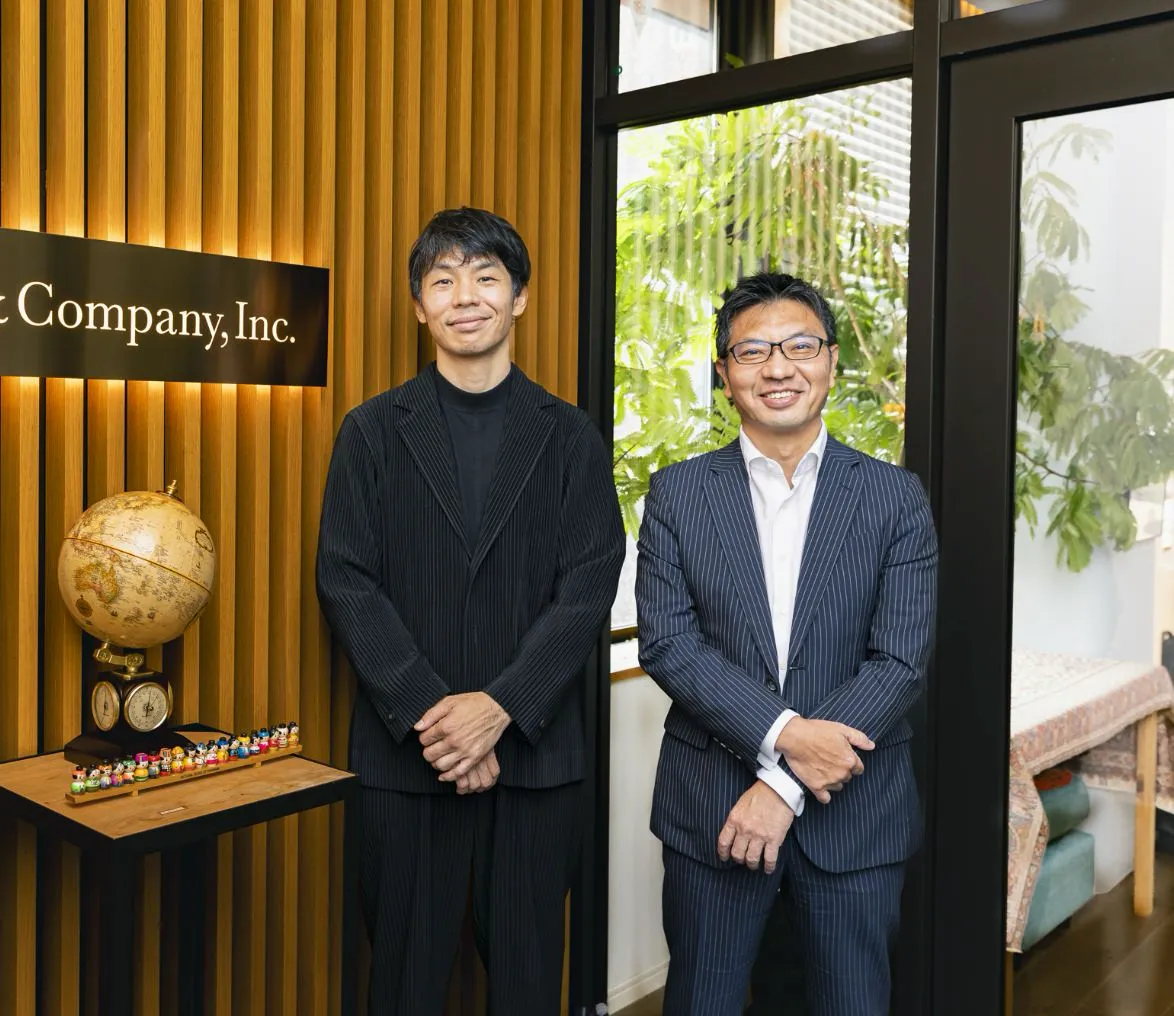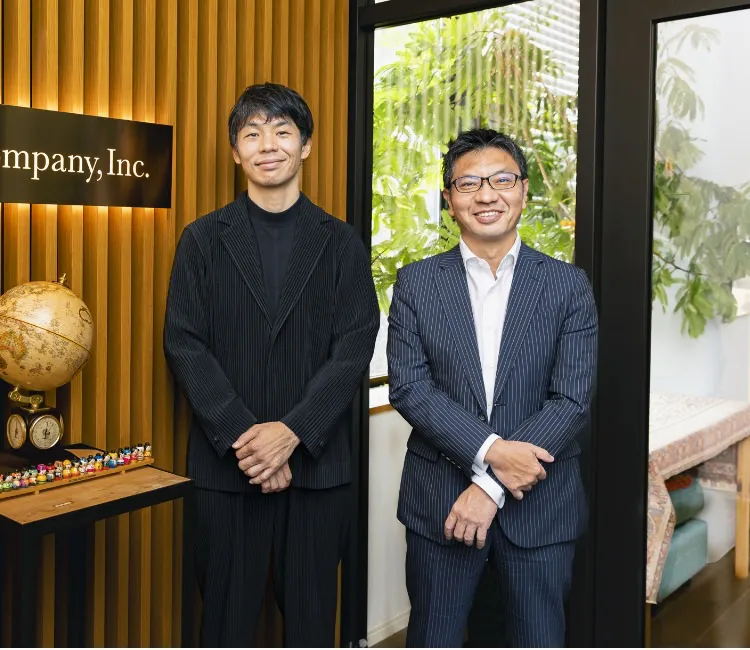Withdrawing cash from an ATM, saving through fixed deposits, or taking out loans for major expenses like housing or education are common financial practices in Japan.
However, many people around the world still lack access to these basic services. According to the World Bank’s “The Global Findex Database 2021,” as many as 1.4 billion people globally did not have a bank account in 2021, most of whom in developing countries. For example, 20% of adults in India (about 220 million people) and nearly 50% of adults in Indonesia (about 97 million people) were unbanked.
Without a bank account or the ability to use one effectively, people struggle to save and may be unable to handle unexpected expenses from illness, injury, or disasters. Limited household finances also make it difficult to secure loans for housing or education, and self-employed individuals miss opportunities to expand their businesses.
To solve these problems , “financial inclusion” focuses on making basic financial services available to everyone and helping them utilize these services effectively and sustainably.
This discussion features Taejun Shin, Founder, Managing Partner & CEO of Gojo & Company, which provides financial services such as microfinance in emerging markets with the mission of “delivering financial inclusion worldwide,” and Masayuki Takanashi, Group CSuO of Sumitomo Mitsui Financial Group, Inc. They discussed the global state and challenges of financial inclusion, their initiatives, and the future of their collaboration.
To start, Shin shared his perspective on the current state of financial inclusion, focusing on global poverty reduction and economic development from a macro perspective.
Shin:“Data shows that global economic development has slowed down since 2015. Key reasons include supply chain disruptions caused by tariff wars and the Ukraine conflict, weaker market economies due to the rise of authoritarian regimes, job losses in manufacturing because of technological advances like AI, and a shift in investment toward climate change. This shift has reduced funding for poverty reduction and economic development.”
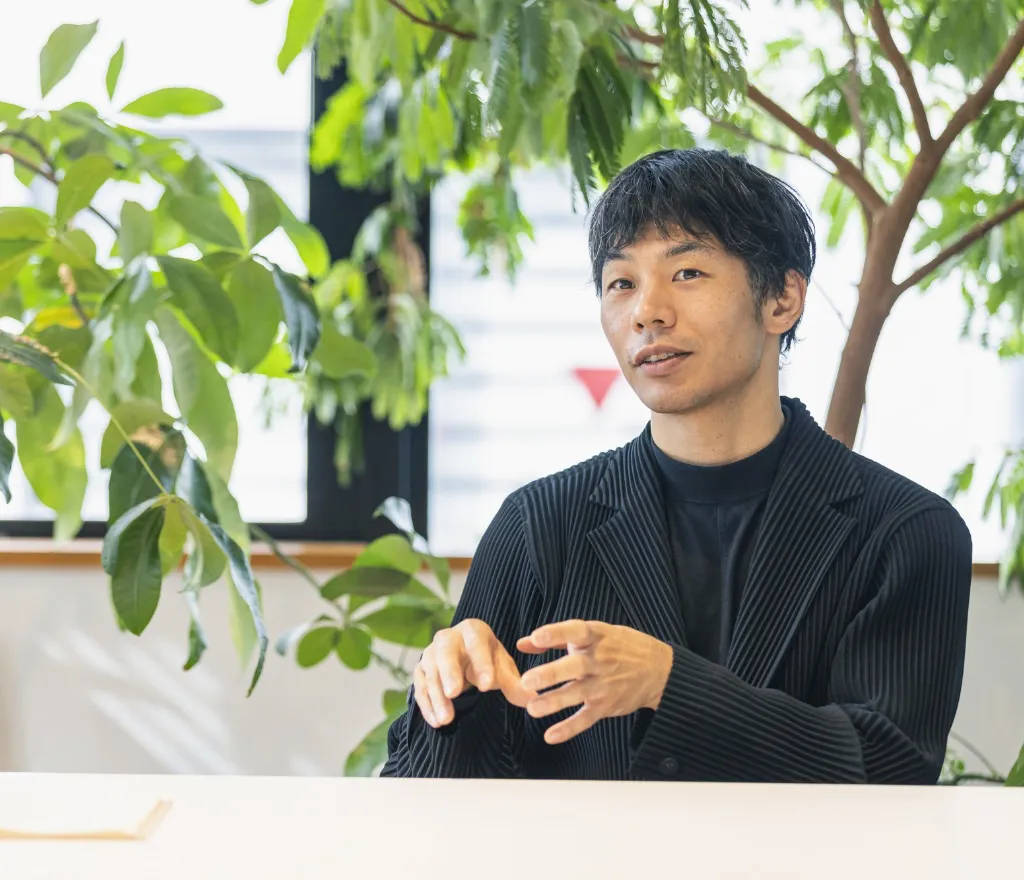
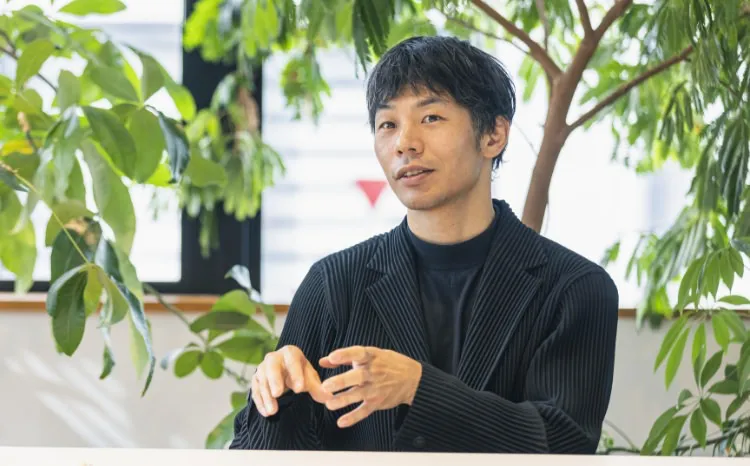
As of 2022, approximately 700 million people lived in absolute poverty (see note), which is a significant number. Many resided in regions highly vulnerable to climate change, where droughts, floods, and rising temperatures threaten agriculture and fishing. This leads to worsening malnutrition and hunger, as well as income losses that force children to leave school, with other challenges. These conditions reinforce the cycle of poverty, making it very difficult to escape.
(note) Absolute poverty means living without enough resources to meet basic needs such as food and clothing, regardless of the standard of living in a specific country or region.
Takanashi:“There is a growing recognition that social issues such as climate change, human rights, poverty & inequality, and health and welfare are all interconnected. We believe that addressing poverty can also contribute to solving other social challenges.”
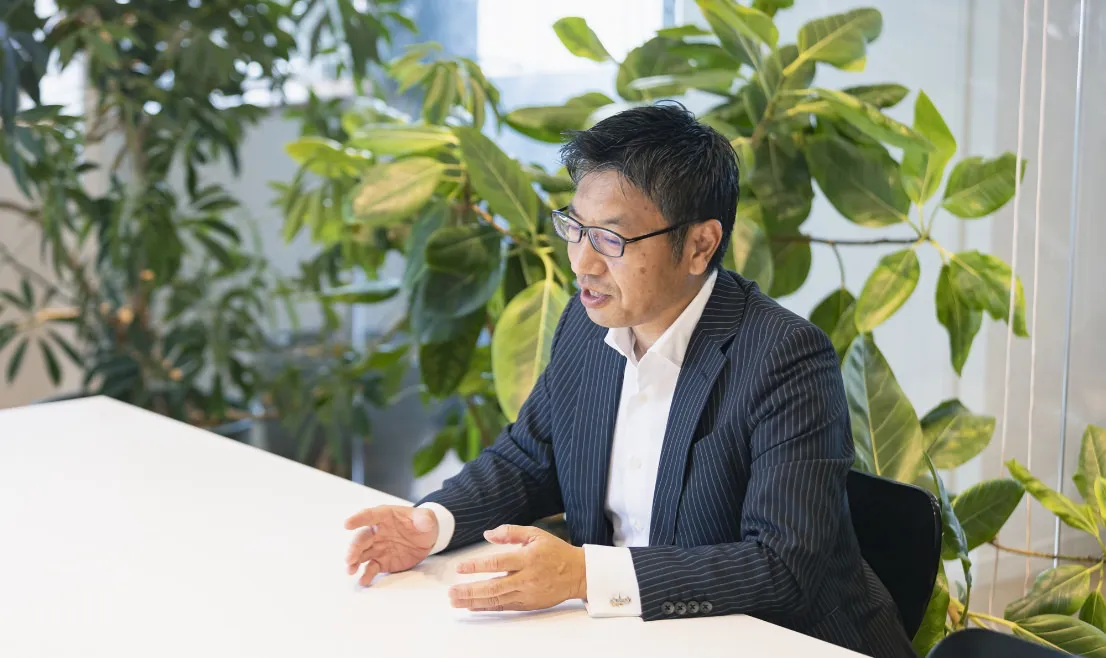
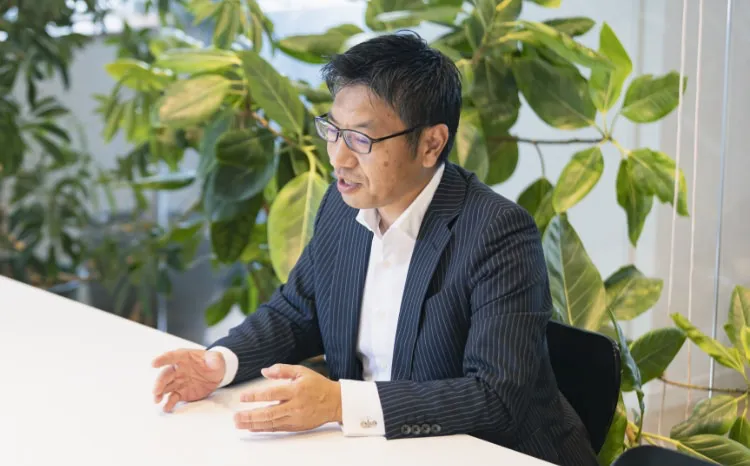
One approach to addressing global poverty is financial inclusion. By providing financial products and services to individuals without bank accounts and businesses with limited access to finance, we can encourage participation in economic activities. This leads to more stable incomes and improved livelihoods. But what specific efforts are needed to achieve financial inclusion?
Takanashi:“SMBC Group supports financial inclusion through various initiatives. In India, SMFG India Credit Company (SMICC) and in Indonesia, PT Bank Sumitomo Mitsui Indonesia (SMBCI) and its subsidiary BTPN Sharia, provide microloans to low-income individuals and women, enabling savings and starting their business. They also promote mobile banking to deliver financial services without the need for physical branches.
SMICC provides financial products such as group loans for women in rural areas to support daily livelihoods, unsecured loans for small business owners, and real estate-backed loans. Additionally, a portion of the Social Green Bond issued by SMBCI in 2023 is allocated to loans for women-led micro and small enterprises, further expanding access to financial services.”
*(For more details on our operations in Asia , see the column: “Walking the Path of Financial Inclusion Together with Asia”)
Shin:“Microfinance, which is accessible without collateral, is highly beneficial for low-income individuals and small-scale rural entrepreneurs in emerging economies. It supports new business startups and expansions, promotes economic independence, and stimulates consumption, contributing to the overall development of local economies.”
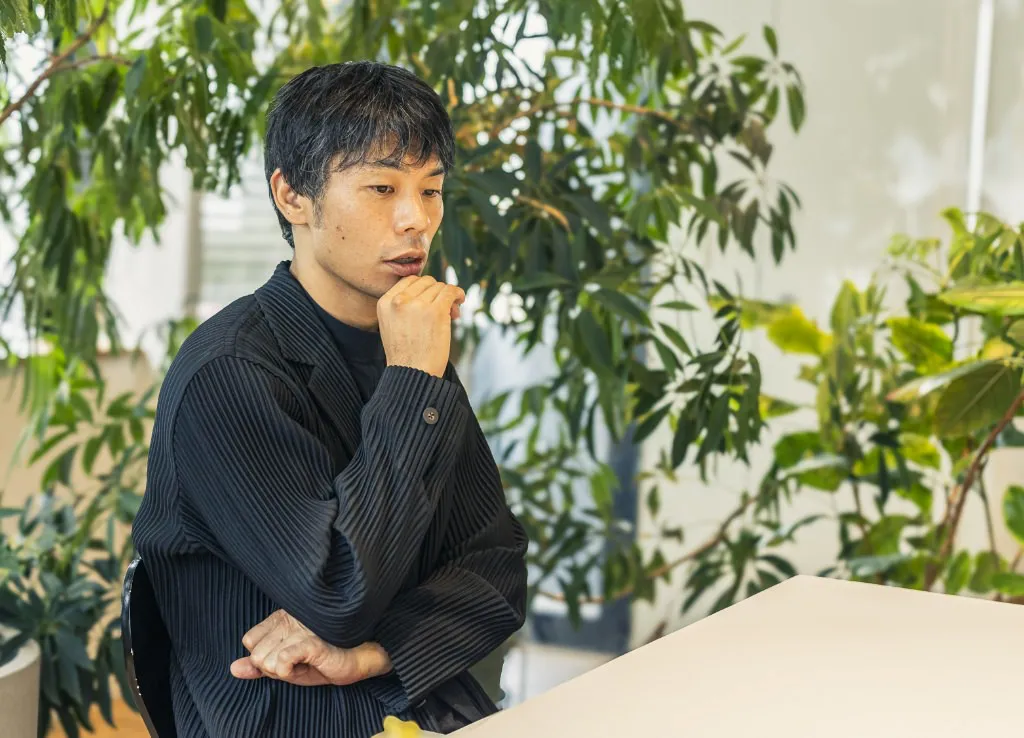
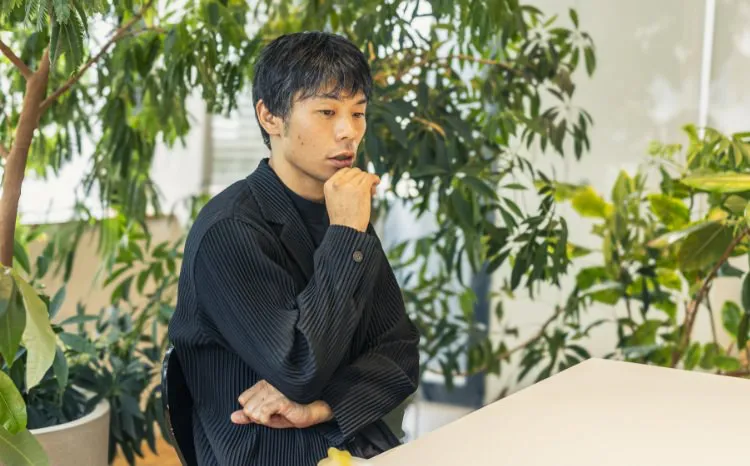
Financial inclusion requires more than providing financial services; non-financial support is equally essential.
Takanashi:“For example, at SMICC, we conduct health checks for dairy cows owned by our loan recipients. A decline in milk production can destabilize dairy businesses and increase credit costs for us as a financial institution. This initiative supports both the stability of our customers’ income and our operations. We also run entrepreneurship support programs and provide financial literacy education.”
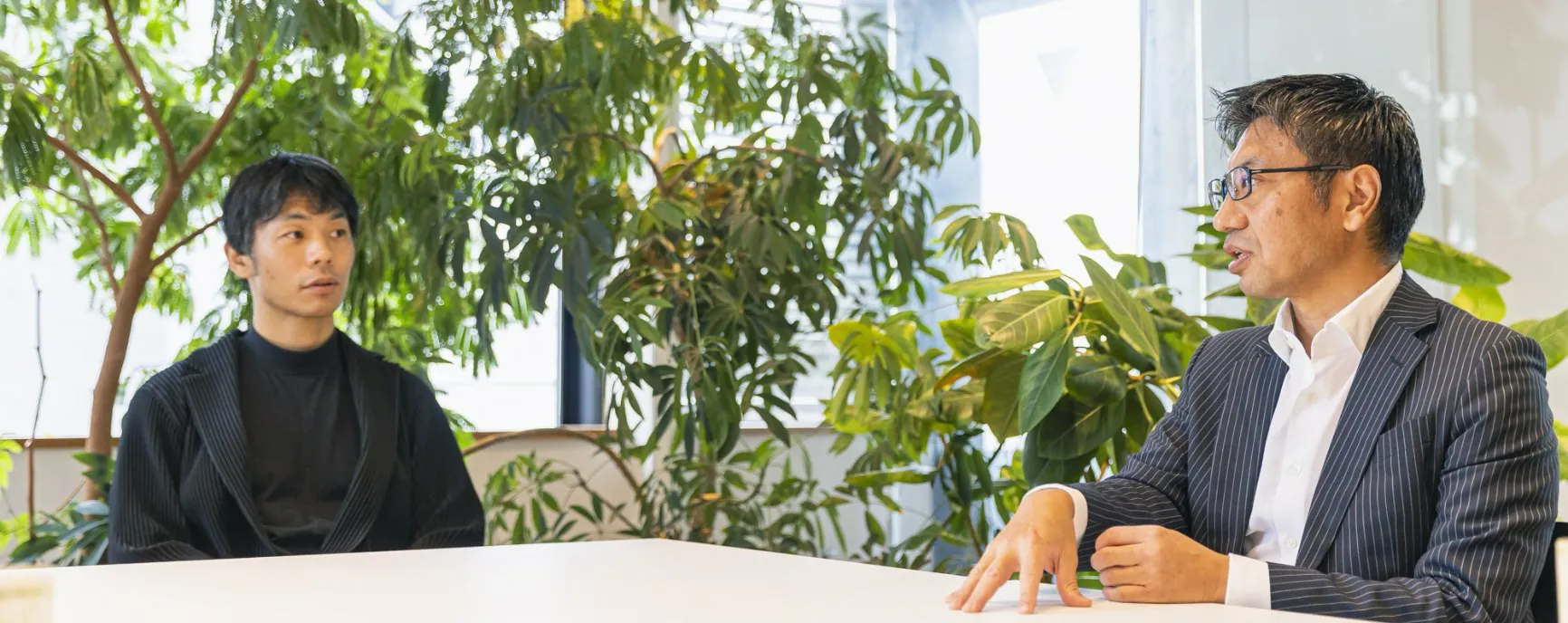
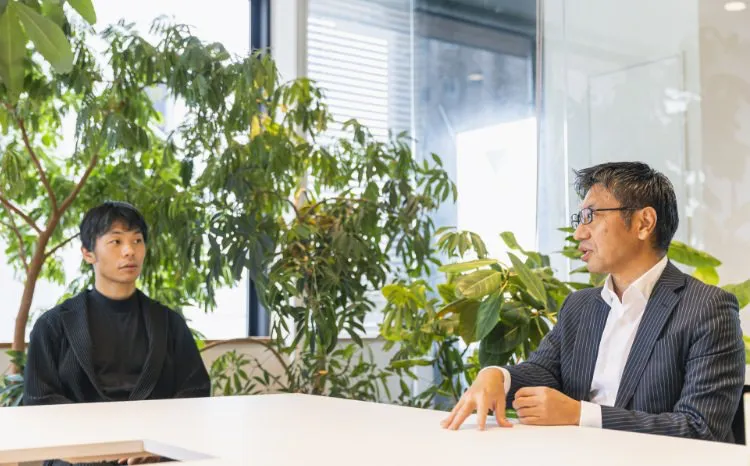
Financial inclusion also supports women’s empowerment and promotes gender equality as an important side benefit. In fact , over 90% of microfinance users served by Gojo & Company are women, highlighting its positive impact on their lives.
Shin:“Microfinance was originally developed to empower women. By encouraging women to work through microfinance, it enables them to gain decision-making power within their households, particularly in areas like education and business investments. As a result, household consumption decisions become more rational and less dominated by male preferences.”
Strengthening collaboration between businesses is essential to accelerating financial inclusion. By leveraging each party’s expertise and resources, the quality of support improves, and the reach of services expands. As part of these efforts, SMBC Group has enhanced its financial and operational partnership with Gojo & Company.
In November 2023, SMBC Group signed a memorandum of understanding with Gojo & Company to collaborate on financial inclusion in emerging markets. Since then, SMBC has invested in an Indian fintech fund established by Gojo and its founding members. Recognizing the importance of supporting small and micro-entrepreneurs for economic development in emerging markets, SMBC also provided a social loan to SATYA MicroCapital Limited, Gojo Group’s Indian subsidiary, in August 2024. This loan incorporates SMBC’s “Social Deposits,” sourced from Japanese companies and individuals.
The execution of this social loan has generated significant impact for both companies.
Shin:“Following SMBC Group’s issuance of the social loan, other Japanese financial institutions have intensified their focus in this area. This trend has had a profound impact. While lending for financial inclusion is well-established in Europe and theU.S., Japanese banks have had little experience in this field. I believe this initiative not only helps bridge the poverty gap within the industry but also contributes to closing the gap globally.”
Takanashi:“Initially, we faced challenges in gaining internal understanding, as we had little experience with financing microfinance. However, since addressing issues like poverty and inequality, we’ve established connections with new partners and seen more in-depth discussions within the company, creating a positive cycle.”
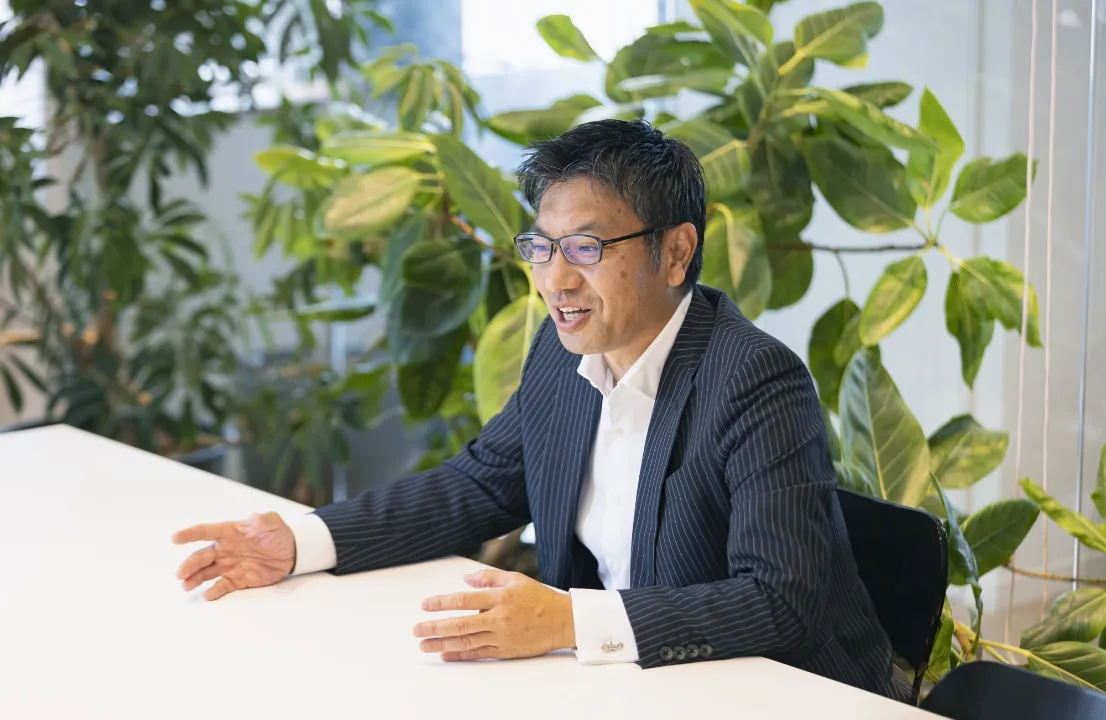
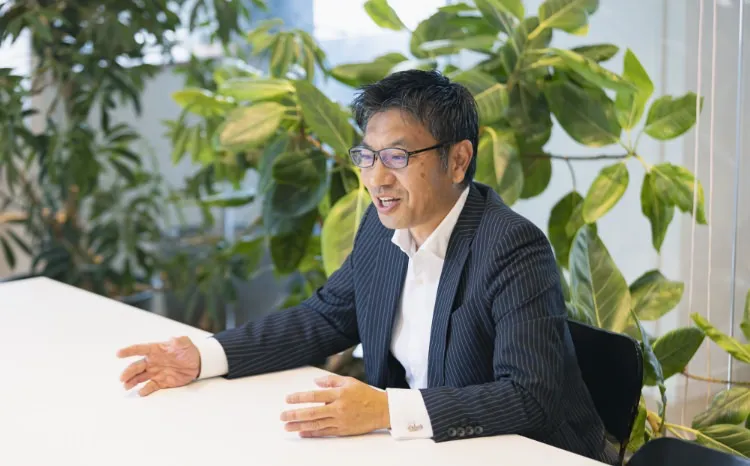
Achieving financial inclusion requires a comprehensive approach to multiple social issues, such as poverty, education, health, and gender inequality. Tackling these complex challenges depends on partnerships and collaboration between companies with shared goals and expertise. Shin also emphasizes that such partnerships are critical for Gojo & Company’s future plans.
Shin:“Currently, a representative from SMBC Group is working with us. Going forward, we would like to explore new initiatives through collaborative projects. We also intend to focus on non-financial areas, such as financial education.”
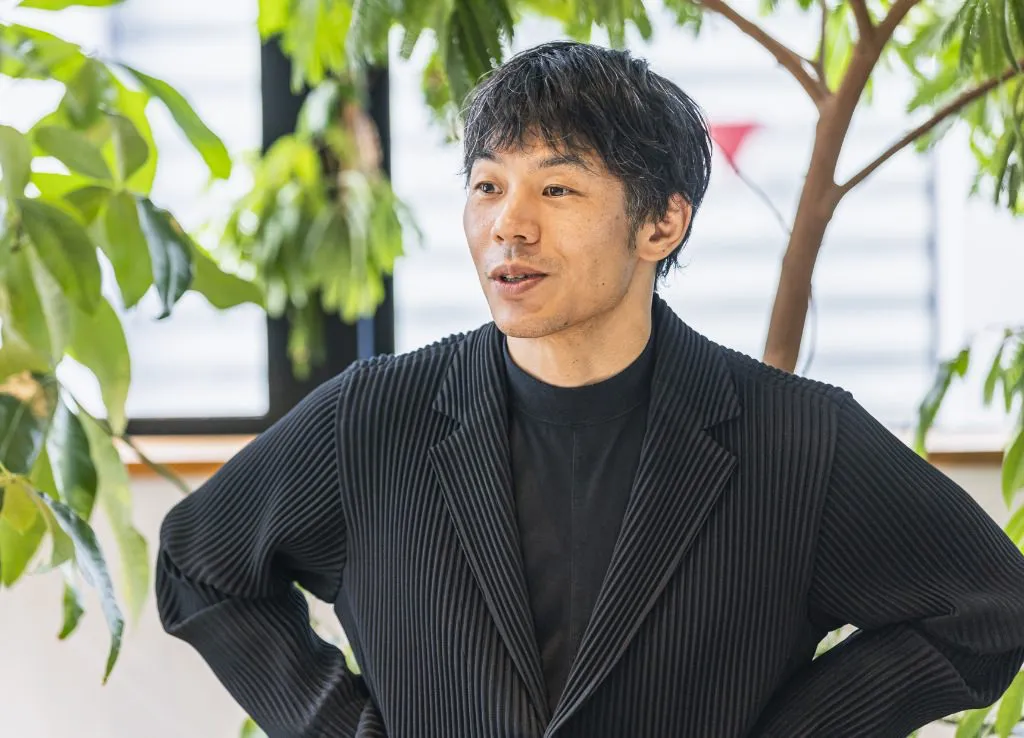
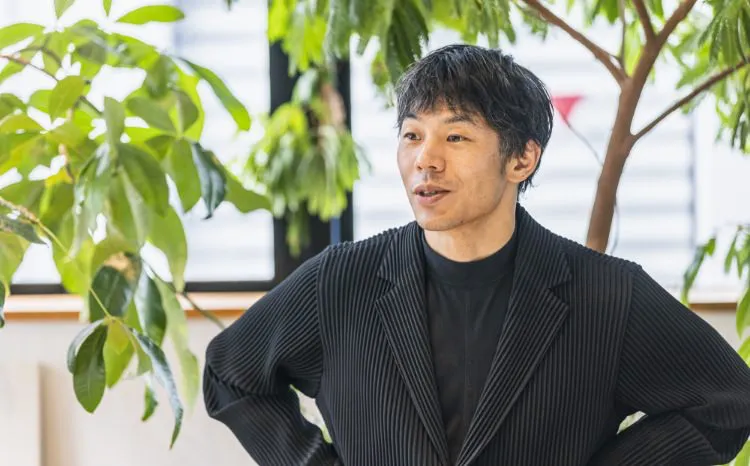
Access to basic financial services is a crucial tool for individuals to shape their own future. Advancing financial inclusion can reduce social exclusion and division, helping to create a society where everyone can live securely and contribute in their own way.
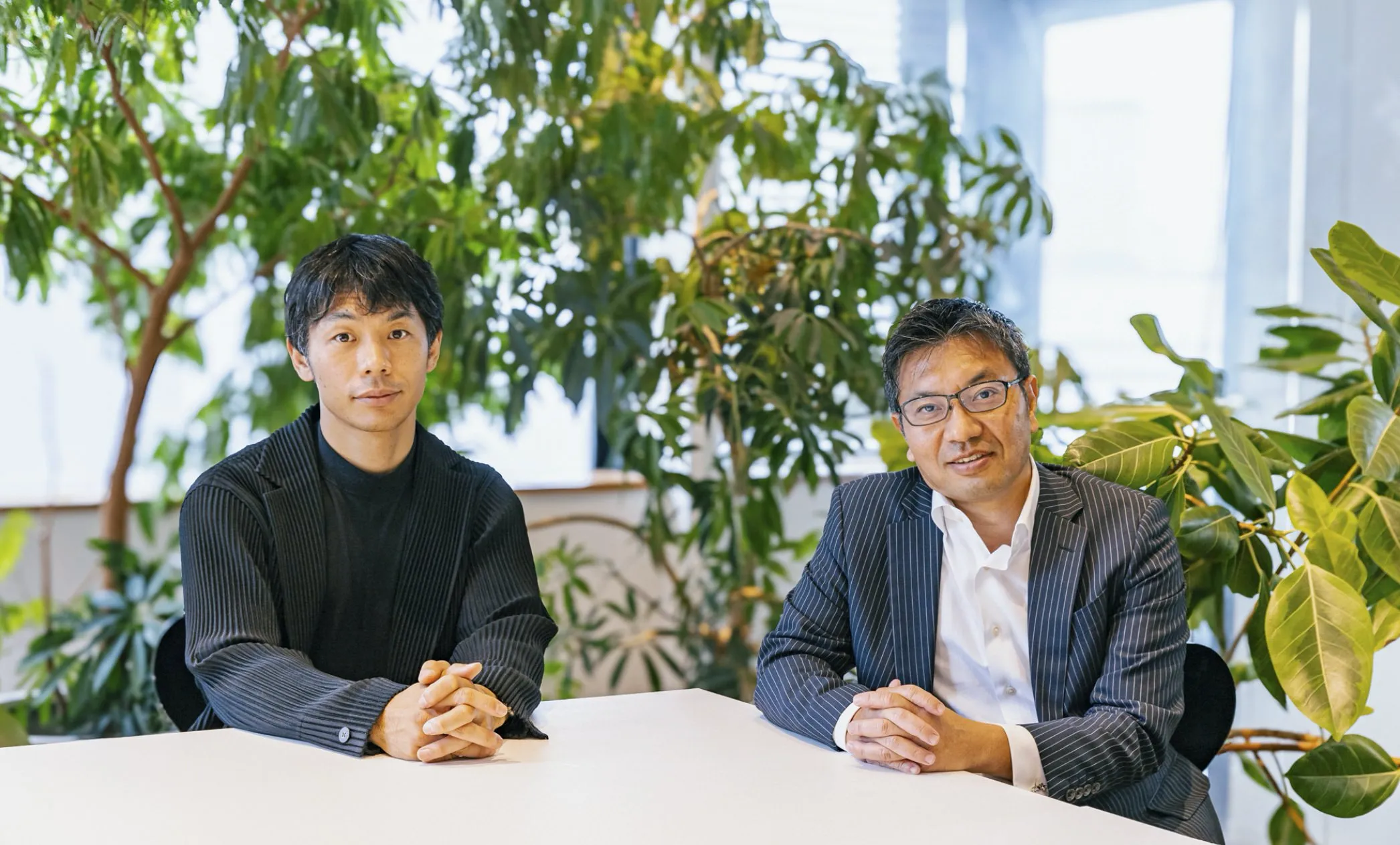
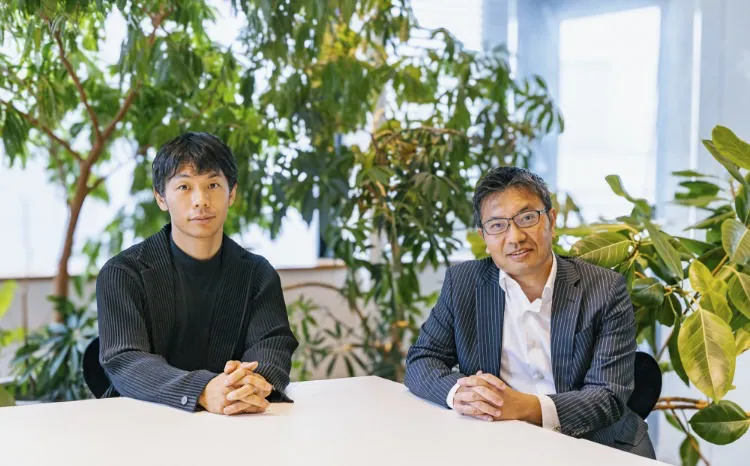
Column
Walking the Path of Financial Inclusion Together with Asia
Tsuyoshi Kimoto
Managing Executive Officer, Head of Asia Business Development Division, Sumitomo Mitsui Financial Group, Inc.
In many emerging countries across Asia, large segments of the population remain unbanked or lack sufficient access to financial services, even if they hold bank accounts. Addressing these challenges is essential to reducing poverty and inequality. To support these underserved communities, SMBC Group is actively enhancing access to financial services across the region.
Empowering Rural Communities in Indonesia and India
In Indonesia, BTPN Sharia, a subsidiary of SMBCI, focuses on microfinance services for women running small businesses in rural areas with limited financial access. Similarly, SMICC in India provides loans to rural customers. These funds are often used for livestock farming, food and clothing production, and other local businesses. They stabilize incomes and improve living standards, including access to education.
Improving Financial Literacy in the Philippines
Non-financial support is also essential. In the Philippines, Rizal Commercial Banking Corporation (RCBC), an equity-method affiliate of SMBC, has offered a financial literacy program since 2023 for existing customers and students. As of June 2024, 6,500 participants have joined the program, helping them build a foundation for more stable and secure lives.
Growing with Asia for a Brighter Future
The Asia Business Development Division is committed to “Driving Asia’s growth together,” by improving prosperity and living conditions across the region. Using its expertise and resources, SMBC Group strives to address poverty and inequality while contributing to Asia’s development through financial services, aiming to create a brighter and more inclusive future.
